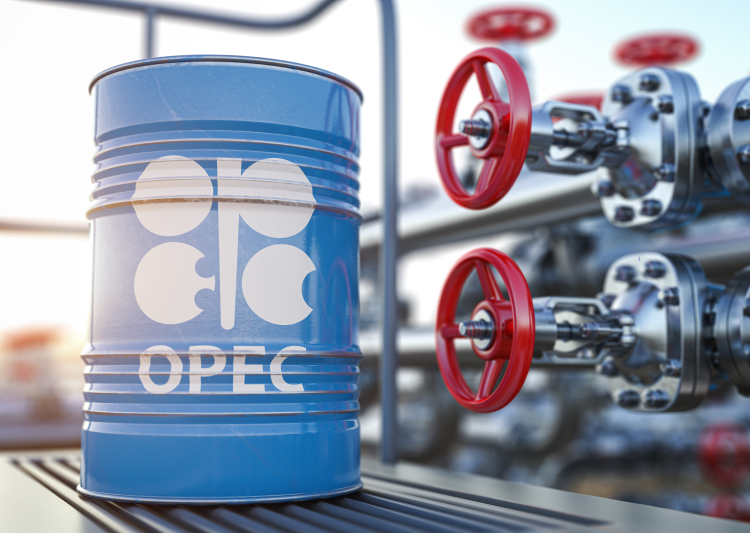The Organisation of Petroleum Exporting Countries (OPEC), has projected that the oil industry will need cumulative investments of $11.1 trillion in exploration and production by 2045 to keep pace with growing energy demand and ensure stable supply.
The OPEC secretary general, Haitham Al Ghais made the disclosure while speaking with Emirati news agency, WAM, in an interview.
“Allocating more investments in the oil industry will contribute to promoting the sustainability of the global energy sector, securing sufficient and reliable supplies for the world as a whole, and ensuring secure supplies for future generations,” OPEC’s chief said.
Investment in oil is critical for global energy security, Al Ghais added.
OPEC’s latest annual World Oil Outlook from October 2023 calls for $14 trillion in cumulative investments in the oil sector by 2045, including in the upstream, midstream, and downstream segments.
The annual investments need to be around $610 billion on average, the bulk of which should go to the upstream segment, the cartel said, rebuffing calls for a halt in investments in new supply.
In November, OPEC and its Secretary General Al Ghais criticised the International Energy Agency (IEA) for vilifying the industry and for playing down energy security and affordability. Days earlier, IEA had said that the oil and gas industry faces “a moment of truth” in choosing between fueling climate change and becoming a part of the solution.
Last month, Al Ghais, said that OPEC stands firmly behind its latest long-term outlook on oil demand from October, when the cartel raised significantly its long-term demand estimate and now expects global oil demand at around 116 million bpd in 2045, up by 6 million bpd compared to the previous assessment from 2022.
This month, OPEC’s chief wrote “If oil disappeared tomorrow, millions of jobs would be lost. Tax revenues would be depleted.
Industrial production would crimp. Economic growth would go into reverse. The plight of the fuel poor would be worsened.”
“We need to be cautious of endangering the present, in the name of saving the future,” Al Ghais concluded.





